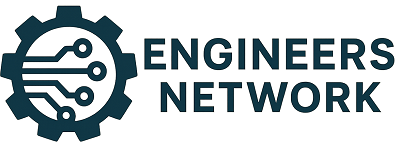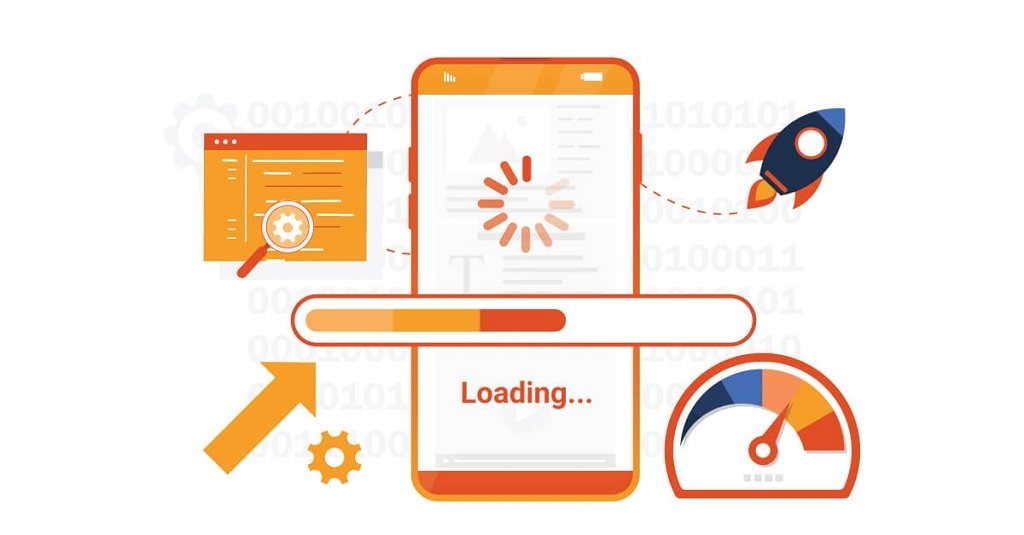Do you ever fantasize about being a pilot? Soaring through the sky and feeling that thrilling feeling as you control an aircraft. You’re not alone. Many people have these very same dreams but are limited in the ways they can learn. Not everyone has access to flight training or can afford it. But what if there was a way to give everyone the opportunity? The Virtual Flight is here.
Flight simulators, including flight sim panels, have been used for years as a training tool for pilots. With advances in technology, they have become more realistic and practical. According to research data, “Simulators have been proven to be safe and effective for training pilots.” In this article, we will talk about why using flight simulators is important when trying to become a certified pilot and how it benefits those aspiring pilots.
What is a Flight Simulator?
A flight simulator is a device designed to recreate the experience of flying an aircraft but in a controlled environment. It is like the actual thing in every aspect. The cockpit, the instruments, and even the visual displays are all there. These simulators come in all shapes and sizes. They can be as simple as computer programs or as complex as full-scale replicas of real cockpits.
The Magic Behind Flight Simulators
The heart of a flight simulator is the thing that makes it feel real, without it you’re just moving an image around with buttons. Every pilot needs something in front of them to help fly. A palette for a painter, flight panels for pilots. It’s a control center for aircraft and is made up of buttons, switches, knobs, and screens. All working together to make the plane go.
Simulations are no joke, they are what separate trained pilots from people who learn on paper. To accomplish this simulations need their own set of flight panels. These machines should replicate everything about the one in a real airplane. Virtual Fly was able to become a pioneer in this area by making high-quality flight panels good enough to trick your brain into thinking you’re flying a real plane. This can be pretty useful during training because decisions made while flying can impact the entire trip.
Realistic Training Experience
Using flight simulators in training is a huge benefit for pilots. These computer systems are able to create a real experience, down to the feel of flying a plane. The high-quality graphics make it look like you’re looking out of the cockpit and the physics engine behind it all makes sure to give an accurate response. In these simulations, pilots are able to practice different maneuvers and react to various scenarios without destroying a plane.
Not only do they have realistic visuals, but flight simulators also allow pilots to practice flying in dangerous conditions or during emergency situations before they experience it in reality. This unparalleled feature not only builds their confidence but also sharpens their decision-making skills.
Cost-Effective
Flight training is a significant investment, with the cost of obtaining a private pilot’s license ranging from about $8,000 to $12,000. However, using flight simulators can significantly reduce this cost as they eliminate the need for fuel, maintenance, and other expenses associated with real aircraft. This makes it an affordable option for aspiring pilots, allowing them to get more training hours without breaking the bank.
Customizable and Versatile
Another advantage of flight simulators is their versatility and customization options. Pilots can choose from various aircraft models to practice on, including commercial airliners and military jets. They can customize different scenarios, settings, and weather conditions according to their training needs.
Flight simulators, including flight panels, can also be used for various purposes, such as instrument training, navigation practice, and emergency procedures. This makes it a valuable tool for pilots at all levels of their training.
Improved Decision-Making Skills
In the aviation industry, decision-making is critical when faced with unexpected situations in the air. Flight simulators provide an excellent platform for pilots to develop and improve their decision-making skills. They can practice handling emergencies, such as engine failures or severe weather conditions, without risking their lives or the lives of others.
Moreover, flight simulators and flight sim panels also allow pilots to review and analyze their performance after each session. This helps them identify areas that need improvement and make necessary adjustments in their decision-making process.
Frequently Asked Questions (FAQs)
Q: Are flight simulators as effective as real flight training?
A: Yes, studies have shown that using flight simulators for training is safe and effective. Simulators can replicate real-life scenarios and provide a realistic experience for pilots.
Q: Can flight simulators replace real flight training?
A: No, flight simulators are not meant to replace real flight training entirely. They are used as a supplement to enhance the overall training experience.
Q: Are there different types of flight simulators?
A: Yes, there are different types of flight simulators, ranging from basic computer programs to full-scale replica cockpits.
Q: Can flight simulators be used for commercial pilot training?
A: Yes, flight simulators are widely used in commercial pilot training programs as they provide a cost-effective and efficient way to train pilots.
In conclusion, using flight simulators for training is an essential part of becoming a pilot. For those who don’t know, these machines provide a safe and realistic experience for pilots to prepare for real-life situations. What’s even better is that it’s cost-effective. The cost alone makes it an invaluable tool for aspiring pilots. So if you want to become one, don’t let the cost or lack of access to flight training hold you back. Take a tour of the world of flight simulators and take your first step toward achieving your dream.
Tags: best flight simulator for training, best home flight simulator for training pilots, flight simulator for training, flight simulator for training pilots, using flight simulator for training




Leave a Reply